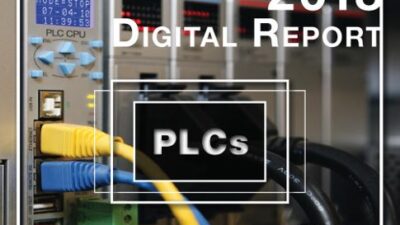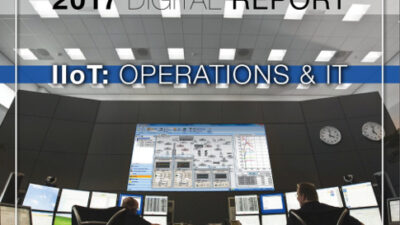Austin, TX –The PXI test instrument interface is set to follow the commercial PCI Express bus, according to information released at a PXI Systems Alliance press conference held here this week concurrently with the National Instruments NIWeek 2005 trade show. The alliance officially announced its PXI Express specification, which integrates PCI Express and CompactPCI Express technology into the PXI instrument-interface standard.
With PXI Express, engineers and scientists can achieve bandwidths up to 6 gigabytes per second per system, representing a 45-fold improvement when compared to traditional PXI systems, while preserving both software and hardware compatibility with more than 1,150 existing PXI products, according to Eric Starkloff, director of product marketing at National Instruments (NI).
Loofie Gutterman, president of the PXI Systems Alliance and of Geotest, commented that PXI Express represents a significant extension of what he called the most successful test-industry standard since the introduction of GPIB. In 2004, he said, citing Frost and Sullivan figures, PXI revenues reached $118 million on sales of more than 62,100 systems, representing year-on-year growth of 40%. PXI started only eight years ago, he noted, while assuring potential customers of backwards compatibility and vendor interoperability as the new PXI Express standard evolves from PXSIA approval this week to product shipment in early 2006.
And although PXI Express-compliant products won’t ship until early next year, several manufacturers were on hand at the press conference to demonstrate their support to the new spec: Aeroflex, Ascor, B&B Technologies, Conduant, Elma Bustronic, Goepel electronic, and Ztec, as well as NI and Geotest. In addition, Intel and Xilinx were on hand to emphasize their efforts to produce the silicon engines that could drive the emerging PXI Express applications.
Among chipmakers, Intel’s marketing director Terry West attributed the evolution of PCI Express to the continuing domination of Moore’s law. He noted, however, that markets prospectively to be served by PXI Express products represent significant differences from typical PC markets, where three-year-old ‘obsolete’ products are regularly discarded in favor of new models. In test and measurement, he said, longevity is a huge issue, and technologies developed 15 or 20 years ago remain in productive use. It’s not a matter of throwing out your old PC and buying a new one, he said. In the test-and-measurement world, backwards compatibility and software compatibility are needed. In many such applications, he said, venerable ISA cards remain in service.
West noted that to maintain longevity that instrument customers demand, PXI Express offers software and hardware compatibility. PXI Express standard-defined hybrid slots provide for compatibility for a new Hybrid Slot Compatible PXI-1 Module, 32-bit CompactPCI board, and PXI Express Peripheral Board modules. (Existing PXI boards would need to plug into a PXI slot.)
To introduce the benefits of PXI Express implementations, West cited what he called the ‘shop-floor/top-floor’ interface, which traditionally was managed by a manager on the plant floor. That no longer suffices, he said, when make-or-break decisions can’t wait on end-of-shift reports. PXI Express, he suggests, can get critical data to management decision-makers in real time. In addition to improved decision-making, he cited technical innovations as key drivers to the adoption of a PXI Express-class technology. Simple manual visual-inspection tasks (is the candle wick sufficiently long?) are giving way to automated approaches requiring tremendous volumes of data transfer. The ability to get that data to a powerful host processor in real time is a key advantage of PXI Express, West said.
NI’s Starkloff noted that the high performance capabilities of PXI Express “opens up new application opportunities. I believe that past will repeat itself enabling new set of applications we haven’t even thought of yet, while co-existing with the present standard.”
Rick Nelson, Test & Measurement WorldMark T. Hoske, Control Engineering
https://www.pxsia.org https://www.geotestinc.com https://www.ni.com https://www.intel.com https://www.tmworld.com /


